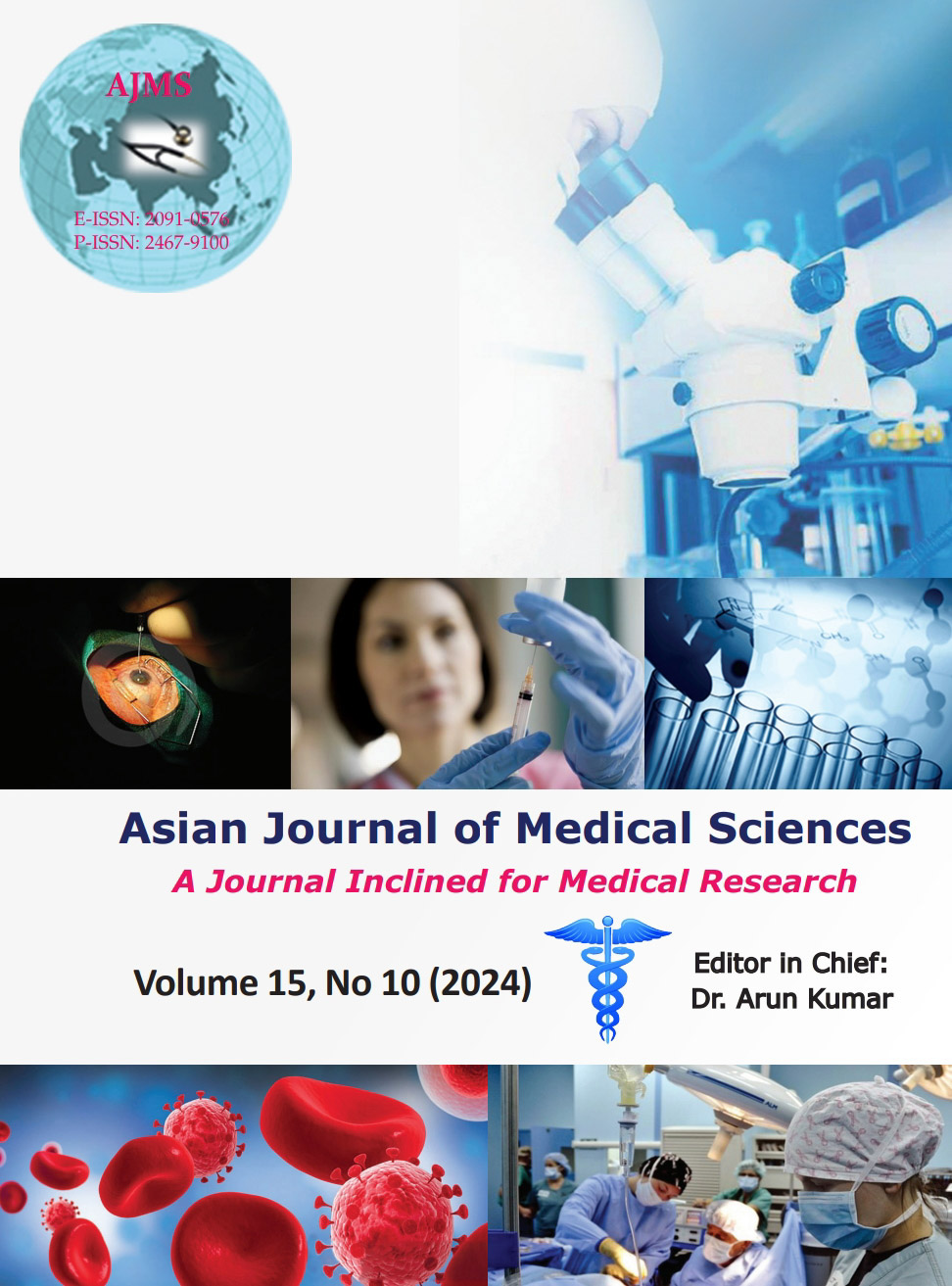Recent trend in the care of chronic kidney disease patients: A shift from paternalistic to collaborative approach
Keywords:
Artificial intelligence; Chronic kidney disease; Collaborative approaches; Paternalistic care; Patient-centered care; Shared decision-makingAbstract
The global rise in chronic kidney disease (CKD) necessitates a re-evaluation of healthcare practices. This review explores the shift from paternalistic to collaborative model, focusing on patient empowerment. This article aims to elucidate the foundational concept of patient empowerment, describe the goals of patient-centered care (PCC), identify barriers to PCC implementation, and propose strategies to enhance PCC. The ultimate aim is to empower CKD patients in self-care. The article explores multifaceted strategies of PCC, highlights the pivotal role of shared decision-making, and underscores the necessity of a collaborative clinician-patient partnership. It emphasizes the significance of patient-centered education, benefits of PCC in CKD care, and the role of artificial intelligence in improving healthcare outcomes. This review concludes by summarizing insights into the transformative shift toward patient-centered approaches in CKD management. It emphasizes the positive impact of this paradigm shift on both the healthcare system and CKD patients. The findings highlight the positive effects of PCC on both the health-care system and CKD patients.
Downloads
Downloads
Published
How to Cite
Issue
Section
License
Copyright (c) 2024 Asian Journal of Medical Sciences

This work is licensed under a Creative Commons Attribution-NonCommercial 4.0 International License.
Authors who publish with this journal agree to the following terms:
- The journal holds copyright and publishes the work under a Creative Commons CC-BY-NC license that permits use, distribution and reprduction in any medium, provided the original work is properly cited and is not used for commercial purposes. The journal should be recognised as the original publisher of this work.
- Authors are able to enter into separate, additional contractual arrangements for the non-exclusive distribution of the journal's published version of the work (e.g., post it to an institutional repository or publish it in a book), with an acknowledgement of its initial publication in this journal.
- Authors are permitted and encouraged to post their work online (e.g., in institutional repositories or on their website) prior to and during the submission process, as it can lead to productive exchanges, as well as earlier and greater citation of published work (See The Effect of Open Access).




